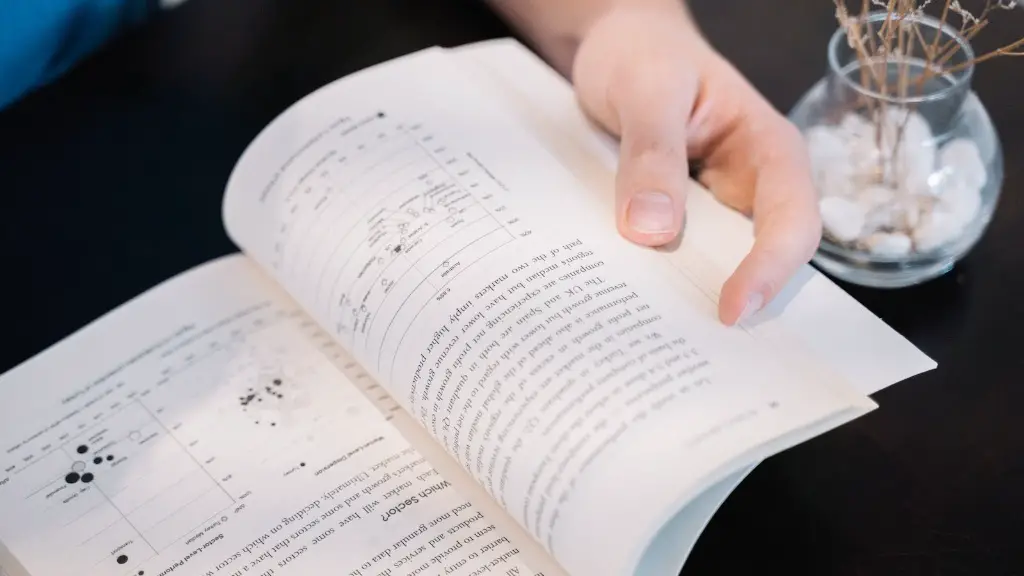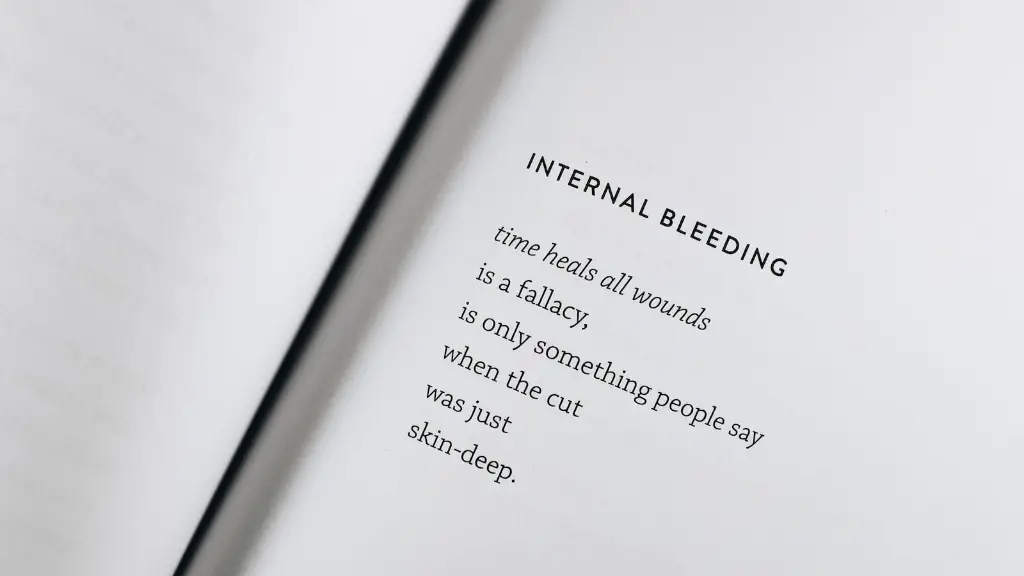How to answer poetry questions in literature
Taking tests that include poetry questions can sometimes seem intimidating. Many students struggle when it comes to interpreting literary works, especially when it comes to analyzing the author’s intent. But you can easily answer these questions with a few key tactics.
Know the main elements of a poem
To tackle a poetry question, it’s important to know the main elements of a poem. There are several terms to consider, such as meter, rhyme, stanzas, imagery and symbolism. Meter is the way a poem is constructed. Each line has a number of syllables and each has a specific pattern. Rhyme is the relation between two words. They typically don’t have the same spelling, but they have very similar end sounds. Stanzas are groups of lines in a poem. Imagery and symbolism refer to the words the author uses to describe a certain emotion or idea, and to represent something else.
Understand the emotion and structure of the poem
To understand a poem better, read it several times and examine the language used. Pay attention to the words and phrases, as they will tell you a lot about the sentiment or mood of the poem.
In addition, think about the structure of the poem. How is it written? Is it highlighting a repeated pattern of words? Does it contain a shift in perspective? Examining the structure can give you further insight into the poem’s meaning.
Utilize literary analysis questions
When you read a poem, it’s important to apply analysis questions to it. These will help you to identify key elements of the poem and its structure. Think about who the speaker of the poem is, and what effect this has on the poem. Ask yourself: What do the stanzas mean? What literary devices are used here? What emotion is the author trying to evoke?
Once you’ve answered the analysis questions and identified the key elements of the poem, it’s time to think about the author’s intention. What was he or she trying to convey? Why was this particular structure used? Could the poem be interpreted in different ways? Is the author making a specific point through the poem?
Evaluate connections between poem and historical context
Sometimes, literary works can be interpreted in different ways depending on the era in which it was written. To answer a poetry question accurately, it’s important to think about the situation at the time of the poem’s writing. Consider the social, political and cultural context of the time and how it may have influenced the author.
For example, a poem written in the 1930s which deals with feelings of poverty could be interpreted in a very different way than a poem written in the 2020s which discusses similar topics.
Analyze the significance of language in the poem
The language of a poem is just as important as its context. Think about the words that the author uses and the different connotations they have. Are certain words used to evoke a particular emotion? Are metaphors and similes used to describe something or represent something else? These subtle linguistic tactics can reveal a lot about the poem’s message and what the author is trying to achieve.
Forecast the main theme of the poem
When examining a poem, always look for a main theme. What is the overall idea or message? After considering the emotion, structure and language of the poem, you can make a conclusion about what the author is trying to convey. This can help you to answer the questions posed in the test.
Identify potential parallels with other pieces of literature
When interpreting a poem, it can also be helpful to look for parallels with other pieces of literature. For example, you may be able to draw connections between a certain poem and a novel that you have read. This can help you to understand the poem better and answer the questions on the test more accurately.
Compare multiple interpretations and draw own conclusions
When analyzing a poem, you may come across multiple interpretations of its meaning. Consider these interpretations and decide which one you agree with more. This can help you to draw your own conclusions and reach a better understanding of the poem.
Discuss poem within literary canon and its impact on reader
Finally, when answering a poetry question, it’s worth considering how the poem fits into the overall literary canon. How does it compare to other poems written during the same period? Is it significant in any way? Thinking about how the poem has impacted the reader can also be beneficial. Does it evoke any particular emotions?
Answering poetry questions in literature can be difficult, but with these tips, you can become a poetry guru in no time. Understanding the main elements of a poem, analyzing the author’s intent, and examining the literary context are key to being successful. With these tactics in tow, you can confidently answer any poetry question that comes your way.


